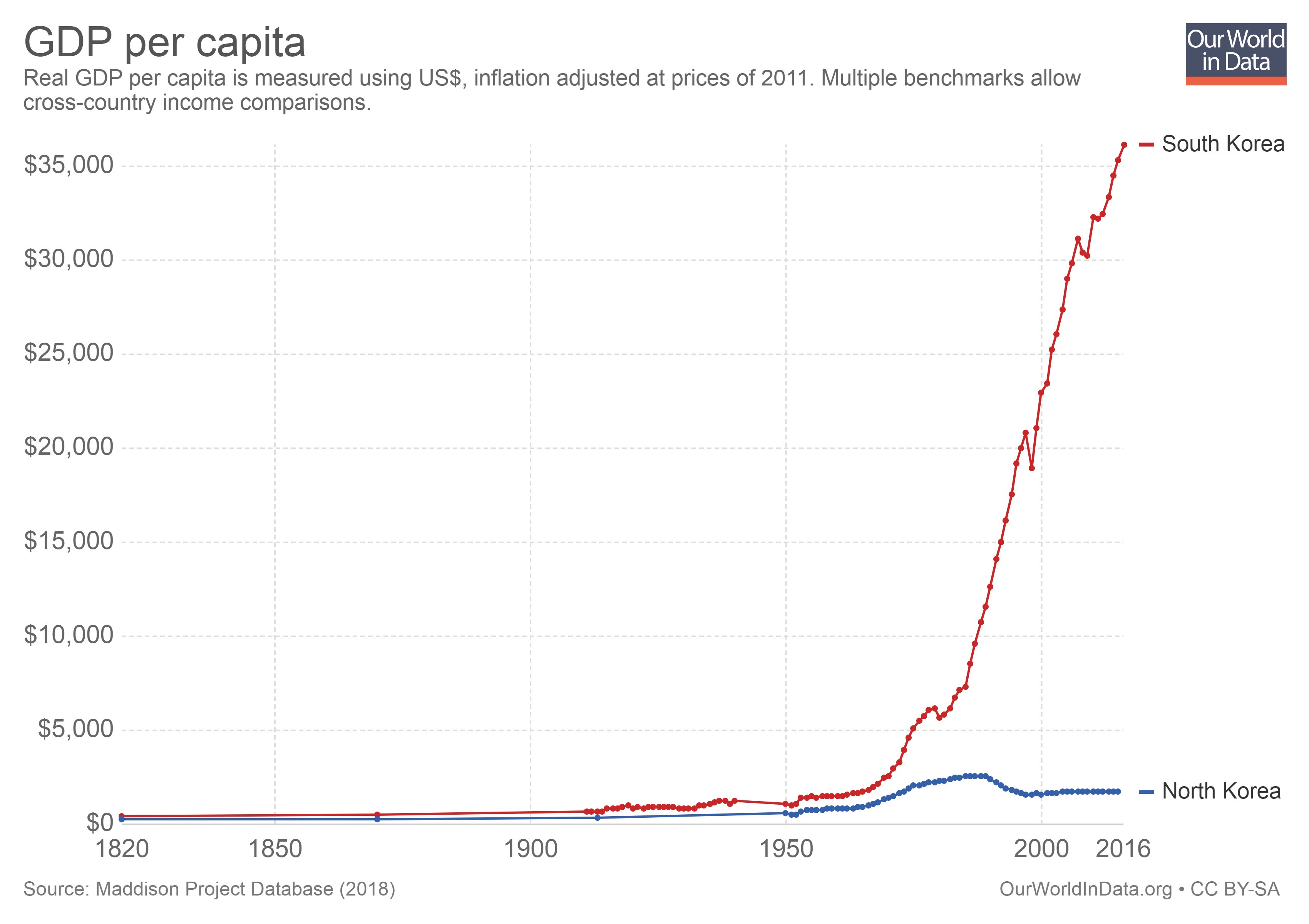.png)
Understanding the geopolitical landscape is critical for sophisticated institutional investors and risk managers. Few actions whipsaw the value of portfolios faster than significant geopolitical shifts. Our premise is that the landscape has massively shifted with far-reaching effects.
As of a few years ago, the assumption was that nuclear weapons would dissuade enemies from attacking for fear of nuclear retaliation. The current conflict in Ukraine is proving that assumption to be false, and hopefully for Ukraine and Western Europe, will continue to be false.
Regarding why Russia has not used tactical nuclear weapons (despite periodic threats by Putin and recently by his lieutenant, Dmitry Medvedev), the Russian strategy may anticipate that such an action would lead to further isolation and vilification.
Further, Russia’s campaign is largely taking place on foreign soil against a less populous enemy and is yielding territorial gains. At the very least, the use of a nuclear weapon would yield uncertainty and would invite escalation from Ukraine and its allies.
Despite claims to the contrary, countries unaligned with the west, such as Russia, are dependent on global stability to maintain a reasonable standard of living. Perhaps a negative example is North Korea whereby isolation might have kept the current regime in power, but done little for the average citizen:

The military master Sun Tzu, whose teachings are studied by China and much of the Western world, wrote The Art of War. Several of the most memorable quotes are:
“Let your plans be dark and impenetrable as night, and when you move, fall like a thunderbolt.”
“All warfare is based on deception. Hence, when we are able to attack, we must seem unable; when using our forces, we must appear inactive; when we are near, we must make the enemy believe we are far away; when far away, we must make him believe we are near.”
“There is no instance of a nation benefitting from prolonged warfare.”
The relevancy here is that (i) nuclear weapons might not hold the deterrence value previous thought and (ii) there is a chance of a major shift in landscape.
The item that comes to mind is that China may consider solving two problems simultaneously when its supposed ally, Russia is weakened. China needs energy and water, both of which eastern Russia has in abundance. Russia has jealously guarded the territory from Chinese incursion for decades. In the second half of the last century, the Soviets built the Baikal–Amur Mainline, a railroad to deter Chinese aggression. It was referred to as "the construction project of the century" by Soviet general secretary Leonid Brezhnev.
.png)
Siberia remains sparsely populated, particularly so given Russia’s recruitment from the region (rather than the more politically sensitive Moscow and St. Petersburg). Chinese leverage over Russia has increased in the form of debt obligations, economic dependency, and strategic vulnerability due to the Ukraine conflict. A starting point might be Eastern Manchuria, an area which Russia gained from China via the Treaty of Aigun in 1858 and the Convention of Peking in 1860. The area is particularly valuable as it contains the city of Vladivostok and easy access to the Pacific (i.e., sidestepping Taiwan, the Philippines, and Guam).
As of a few centuries ago, land was the best indicator of wealth and prosperity (hence the term “Landed Gentry”). With the rise in technology and mobility, the value of land holdings has declined relative to other assets. In retrospect, rather than seeking additional territory, Russia might have been better served via a modernization push and slowly emulating the success of more modern economies
There is little doubt that the Ukraine adventure has been massively difficult for Russia and each side is having trouble disengaging. The factor that few have counted on is the resulting impact particularly on Russia. If such a shift happens, China might not stop at Eastern Manchuria, but may covet additional land and resources. Since energy is a massive portion of Russia’s GDP, the impact could be massive.
At times leaders make major strategic miscalculations and countries and regions are impacted for decades or centuries thereafter. Perhaps the above analysis is plausible, but the optimal time might be shortly after Putin’s retirement.